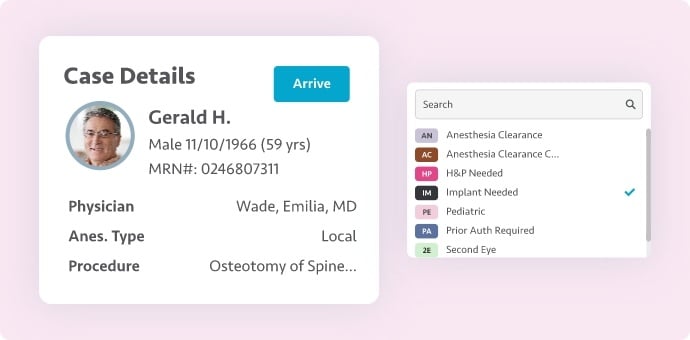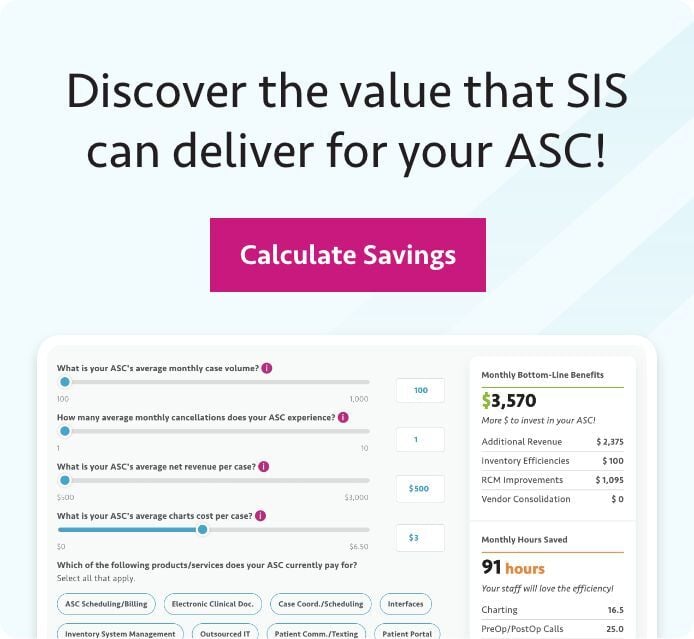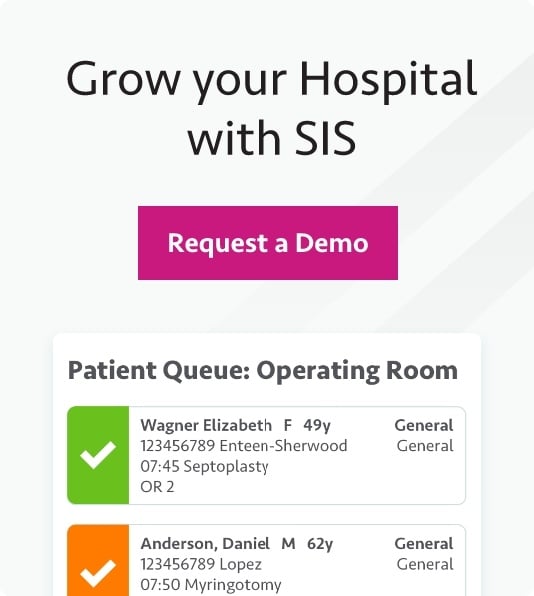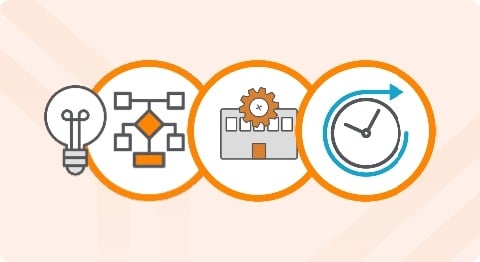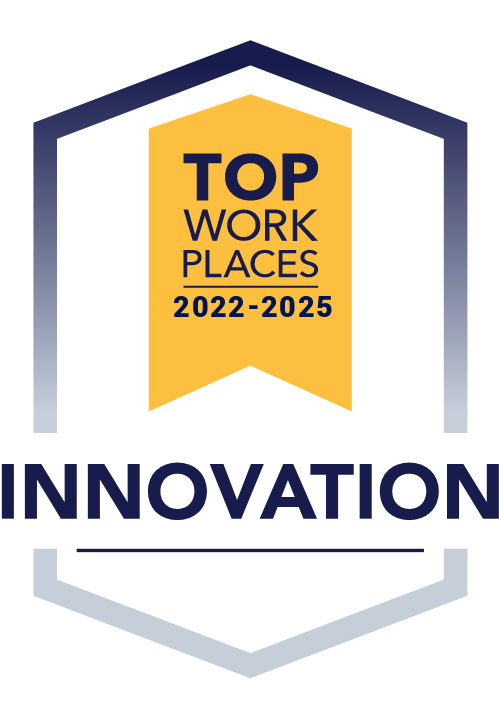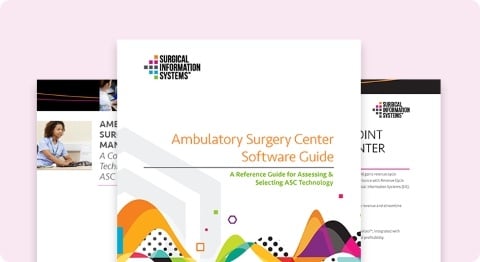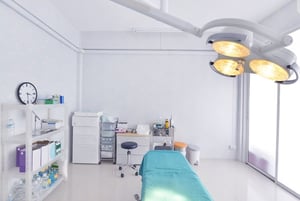
This year has been strange and difficult for all of us, but what impact do the changes we have all witnessed in 2020 have on the experience of your patients? Why is it so important to survey your patients? What is different about the patient experience in 2020? How can you make a lasting and impactful change for your patients? Surgical Information Systems (SIS) asked our partners at SPH Analytics to address these questions on a recent webinar.
SPH Analytics is a leader in healthcare analytics and population health management that has been chosen to be an affinity partner by the Ambulatory Surgery Center Association (ASCA) and has served the ambulatory surgery center (ASC) space for over 10 years. SIS has partnered with SPH Analytics to provide ways to easily retrieve survey reports and analytics tools directly from your current SIS solution. SPH works to improve the experience of your patients by listening to the voice of healthcare consumers, analyzing the consumer experience, and employing smart engagement to motivate members to improve their health.
So, why should you care about surveying and understanding your patients’ experience? Surveys can uncover patient concerns and dig down to the root cause of areas with low performance in your ASC. Aggregated data can then be analyzed to identify trends in staff performance (both positive and negative) to allow your facility the opportunity to make changes that can lead to improvements. When you survey your patients with SPH Analytics, you can benchmark your scores against other ASCs in your geographic area as well as compare the evolution of your own scores over time. Implementing surveys now can assist facilities that are required to do so for accreditation purposes, can help prepare for inevitable future regulatory requirements, and ultimately can lead to a competitive advantage against other ASCs in your area.
2020 has proven to be an extraordinary year, and although the pandemic brought a significant decrease in people leaving their houses to seek clinical care, there was an increase in the number of people who responded to surveys presumably while they were stuck at home. According to a national survey conducted by SPH Analytics, only 29% of respondents said their provider reached out to them with information about COVID-19. Yet, 65% of people who said they had received outreach about COVID-19 rated their healthcare provider an 8, 9, or 10, compared to 51% who gave the same ratings but did not recall receiving COVID-19 communication. It seems there was a missed opportunity to use communication to improve the patient experience during this extraordinary year.
As extraordinary as it may be, we view this year as an opportunity to implement changes in your ASC and make a positive impact on your patients. Employing proactive communication tools such as Net Promoter Score (NPS) and listening to the voices of your patients will help you to baseline patient satisfaction and work to make improvements where necessary. NPS is a widely adopted measure for how well an organization treats the people whose lives it affects, and poses the most valuable question your ASC can ask: “How likely are you to recommend the facility to your friends and family?”. The NPS practice is used globally by major organizations, such as Google, to determine satisfaction scores from consumers that either contribute directly to increased business (promoters), or on the opposite end, contribute directly to decreased business (detractors). See the image below for an overview of how NPS is calculated:
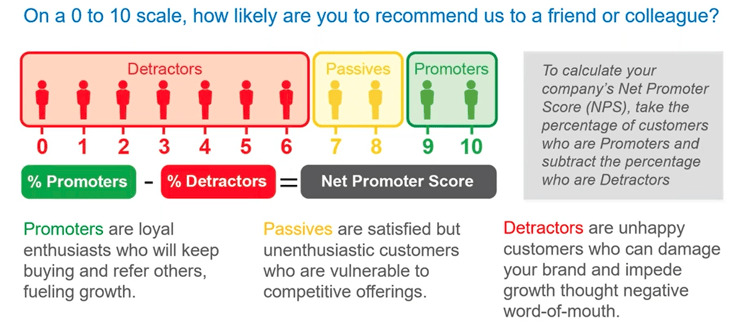
The importance of observing, measuring, and analyzing feedback from patients in a clinical setting – and understanding NPS and how it can improve the performance of your ASC – should not be understated.
For a more in-depth review of all the things SPH Analytics can do for your ASC, their partnership with SIS, and why NPS is crucial to the health of your business, watch the full presentation here.




